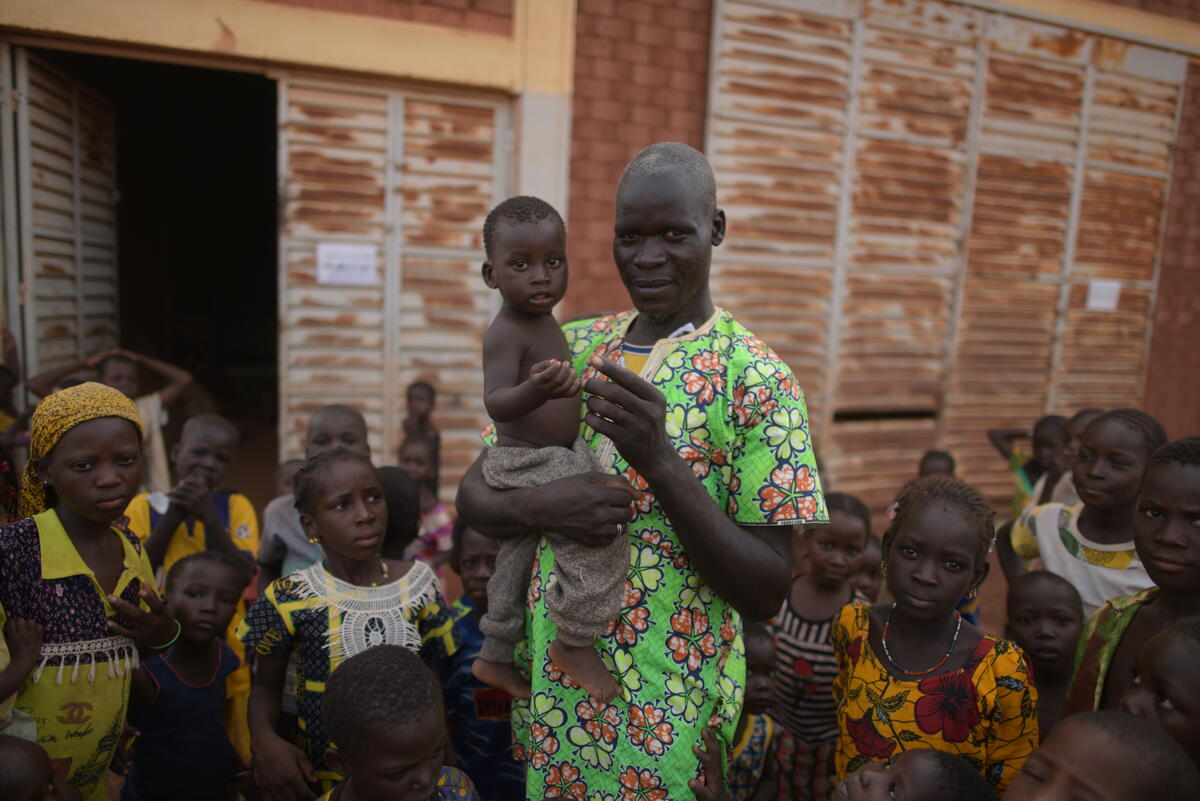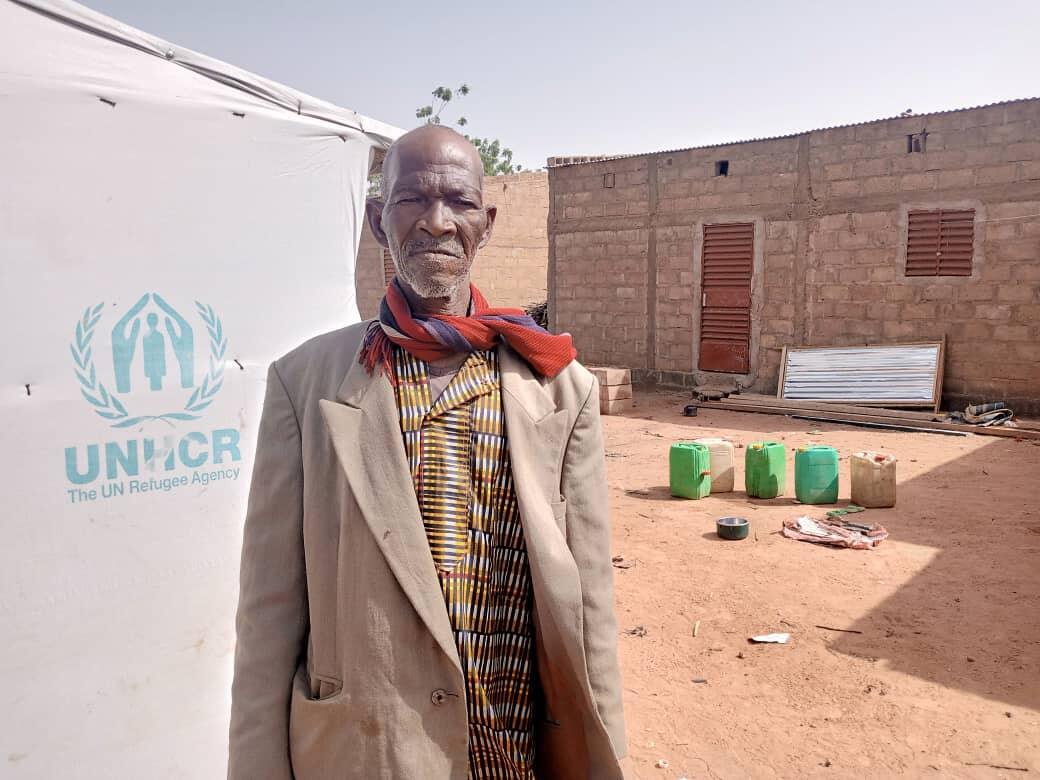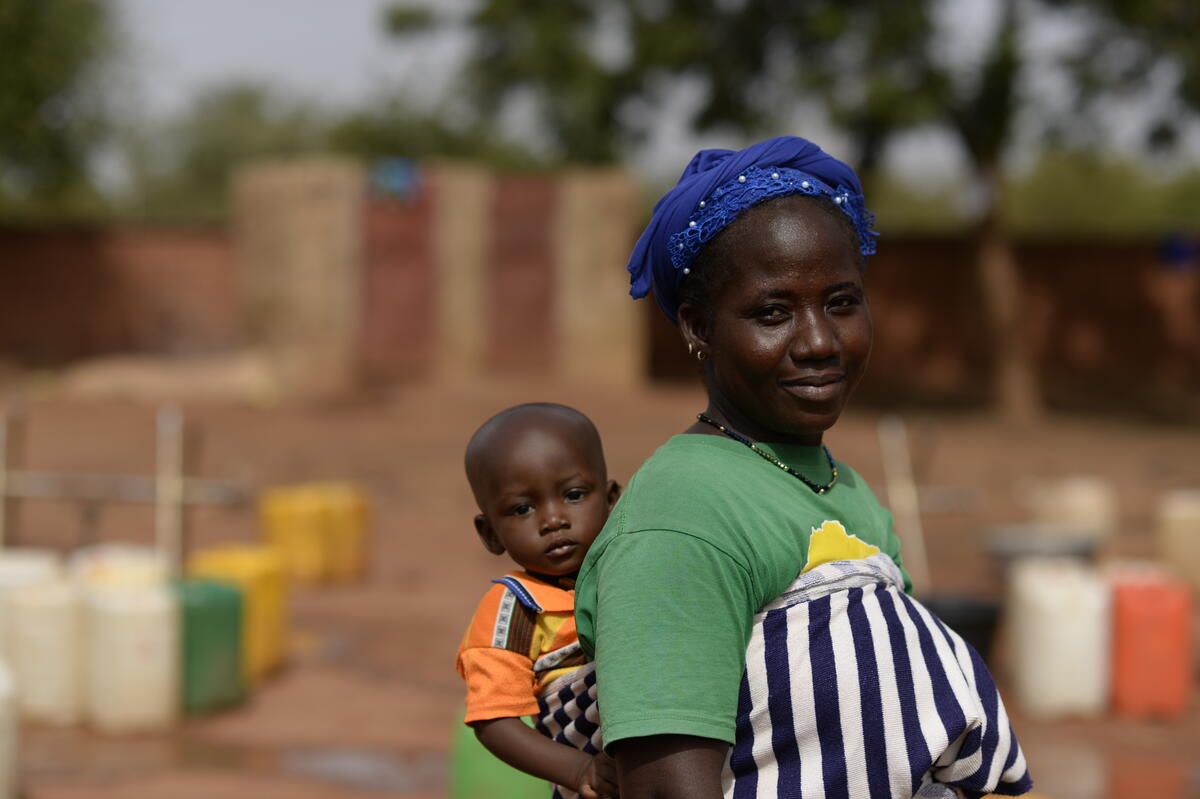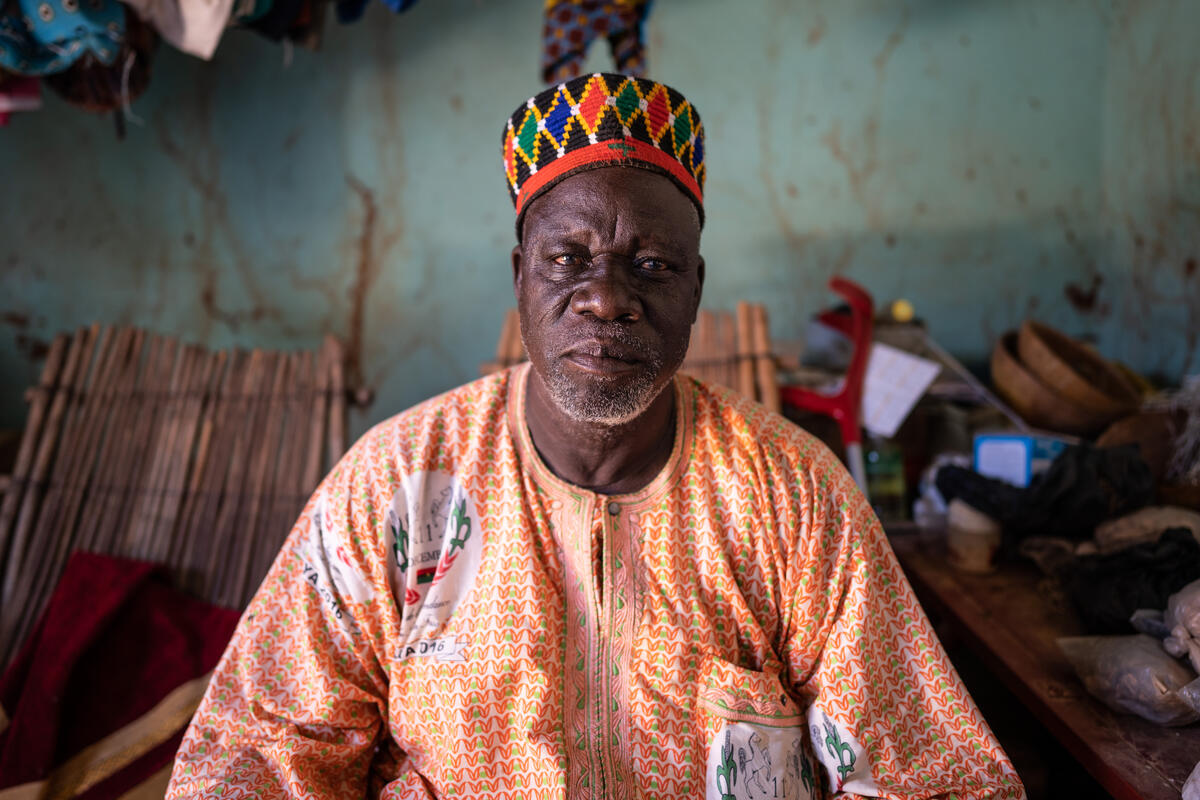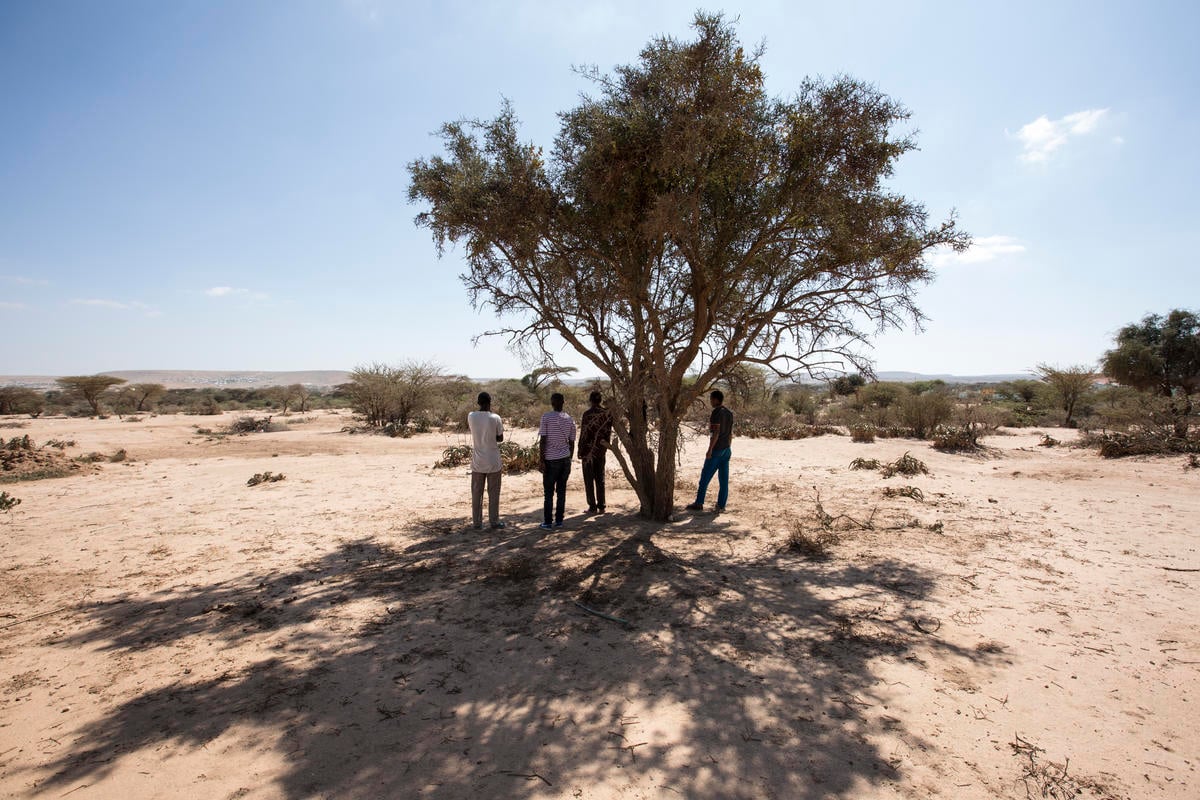Baaba Maal appeals for support for Sahel
Baaba Maal appeals for support for Sahel

My homeland – the Sahel – is on its knees, brought low by conflict, hunger and disease.
I am called the ‘Voice of the Sahel’. For years, it has fed my poetry and music. Now I raise that voice to call on the world to stop the misery and suffering ripping this hard, but beautiful land apart.
Millions have fled their homes, women and girls raped, parents killed before the eyes of their children, schools attacked and closed, health centres burned to the ground.
The reasons are complex, but the result is the fastest growing humanitarian crisis in the world today. Over 2.7 million people uprooted so far – a 20-fold increase in two years. 3.5 million people in need of immediate help – food, shelter, health, and above all, security.
"The cries and tears of our people are not being heard."
This is not a crisis of numbers. It is a crisis of people. Behind every number is a person. But this is a silent crisis. It is taking place behind closed doors, the closed doors of global indifference where the cries and tears of our people are not being heard. This must stop.
The scale of the horror and the murderous attacks by marauding armed groups on my brothers and sisters across this ancient land – comprising Burkina Faso, Mali and Niger – has silenced too many. Thanks to my work with the UN Refugee Agency, UNHCR I can give voice to my broken heart.
As a supporter of UNHCR and as someone who has seen for myself the scale of the refugee crisis in my homelands I implore the world to look and see what is happening here.
Today, governments from around the world come together in Copenhagen to rally for peace, action and financial support for the Sahel. As humanitarian organizations like UNHCR are struggling to meet the snowballing needs of displaced communities, we must call to stop the violence that has uprooted nearly two million people from their homes. Today is a chance to restore a sense of urgency to end a crisis that has largely been forgotten.
The time to act for the Sahel is now.
Less than two weeks ago, armed assailants murdered 25 men in front of their wives, children and parents as they fled to safety. These same groups have weaponized sexual violence and shuttered 3,600 schools across the region.

To be clear, our region was already at a breaking point. The communities on the front lines of the conflict were already grappling with extreme poverty and food insecurity. Conflict, climate change and now the COVID-19 pandemic converge to further expose our region’s vulnerabilities.
We are all witness to rising global temperatures, but the impact in the Sahel is especially devastating, visible, and immediate. Climate change is altering rainfall patterns and increasing the frequency and intensity of floods, droughts, and sandstorms. In recent months, floods in the region have killed dozens, and left hundreds of thousands homeless and without clean water. Worse still, they have damaged medical facilities and destroyed crops, increasing food shortages and the vulnerabilities of farmers and their families whose lives depend on harvests.
"We must all raise our voices."
And now there are more than 6,700 confirmed COVID-19 cases throughout the Central Sahel. While these numbers may seem low, thanks to a wide range of prevention measures to contain the spread, lockdowns have pushed an additional six million people in the region into extreme poverty, with 4.8 million people – most of them children – in need of urgent nutrition assistance. The socio-economic impact of the coronavirus is a shadow pandemic, one that will impact the people of the poorest countries of the world for decades to come.
Time is flowing across the sands of the Sahel. My biggest fear is all this talk will not turn into action. We must all raise our voices to ensure that does not happen and that the displaced of this crisis are not abandoned.
This is an English translation of Baaba Maal's Open Letter. The original French version was published in Le Monde Afrique on October 19.
Sahel : « Les cris des victimes sont étouffés par une indifférence mondiale à laquelle il faut mettre fin »




